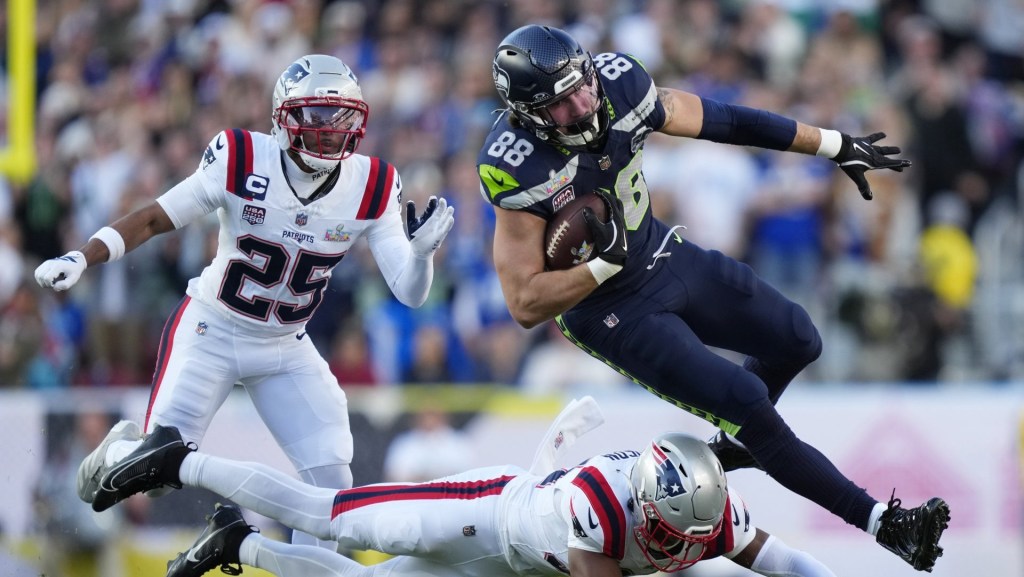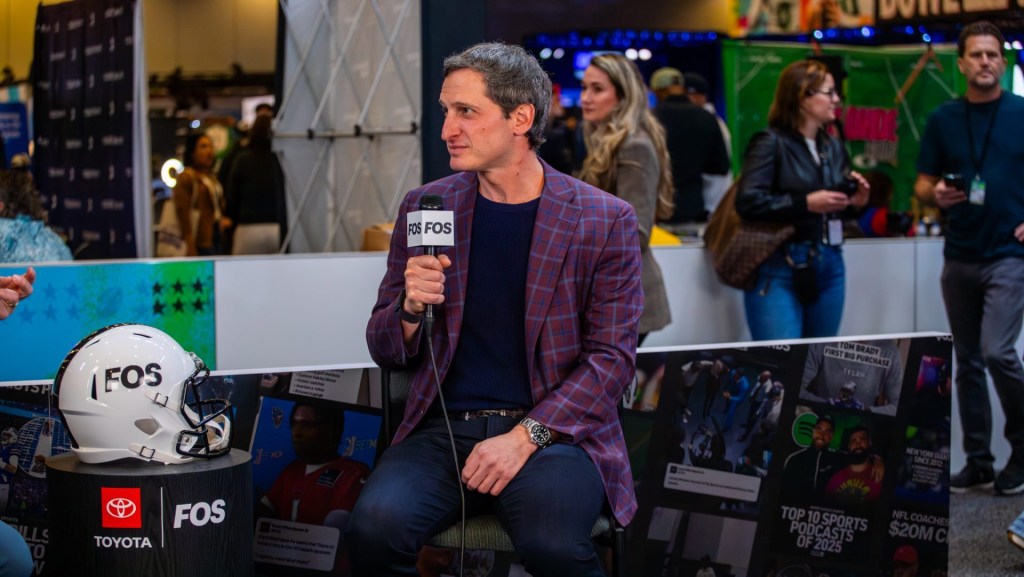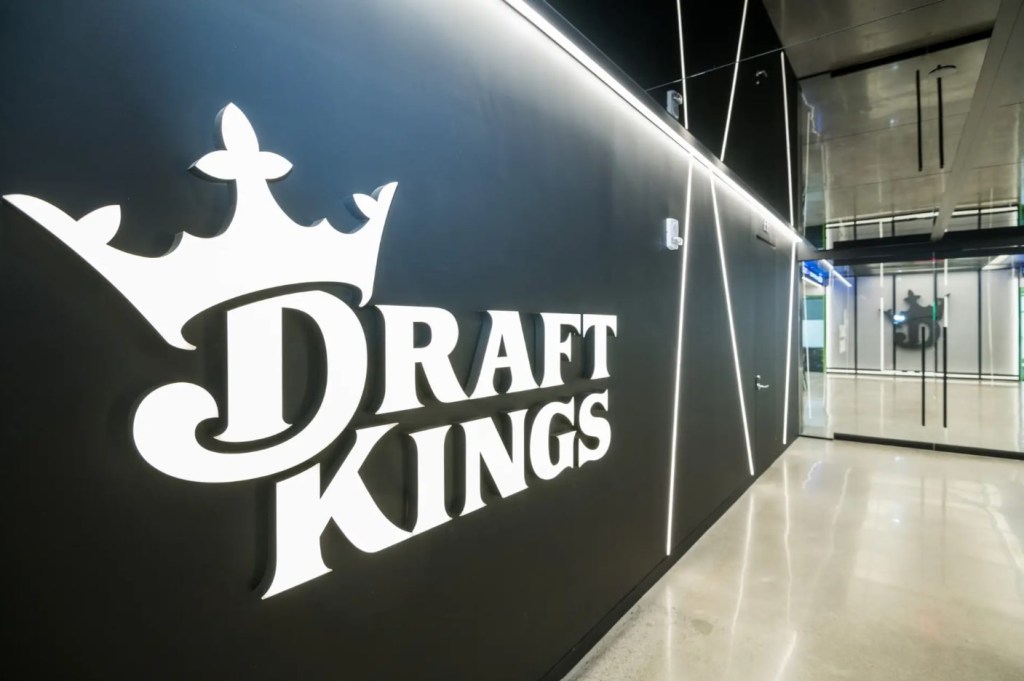Robinhood has resumed sports-related offerings in New Jersey and Nevada and sued those states’ gaming regulators in federal court, citing early legal victories by Kalshi, which powers its sports event contracts.
The nearly identical suits, filed Tuesday, seek to stop potential enforcement actions from the state regulators in advance now that Robinhood is opening back up sports offerings to customers in New Jersey and Nevada. The suits were filed the same day the stock trading platform announced new prediction markets that will allow users to trade on the outcomes of pro and college football games.
A Robinhood spokesperson told Front Office Sports on Wednesday that the company’s event contracts “are offered in a compliant, federally regulated way through our CFTC-registered Futures Commission Merchant, Robinhood Derivatives.”
“This is a decisive step forward in our mission to democratize finance for all and unlock even more innovative market opportunities for investors,” the spokesperson said.
Robinhood had paused all sports-related event contracts in both states in March after receiving cease-and-desist orders from the New Jersey Division of Gaming Enforcement and the Nevada Gaming Control Board that threatened enforcement action if sports event contracts continued to be made available.
That approach—to pause its sports event contract offerings—differed from Kalshi’s.
Kalshi, which has received cease-and-desists from regulators in at least seven states, never stopped allowing users to trade on the outcome of sporting events. It took legal action much sooner than Robinhood, suing regulators in New Jersey, Nevada, and Maryland in the spring, arguing it falls under the exclusive jurisdiction of the Commodity Futures Trading Commission, a federal regulator.
Kalshi has racked up early victories in New Jersey and Nevada, with federal judges ruling the regulators cannot block it from offering sports event contracts while the cases play out.
In the new lawsuits, Robinhood says that “despite those rulings,” the regulators continue to “threaten” enforcement, and that it is at the risk of immediate and irreparable harm. Robinhood says it has sought to open dialogue with the regulators, but officials have “informed Robinhood that they could not agree to refrain from enforcement action even while this Court’s order was in place concerning Kalshi.” Robinhood launched sports event contracts in February.
The suits seek to bar the regulators from taking action in light of the rulings in the Kalshi cases. They say Robinhood “stands to lose the goodwill of its customers”—including more than 48,000 people in New Jersey and 12,000 people in Nevada.
“This goodwill, once lost, cannot easily or quickly be regained, even if Robinhood ultimately prevails in litigation, and the risk to goodwill therefore also constitutes irreparable harm,” the suits say.
Notably, Robinhood did not sue the gaming regulator in Maryland, where Kalshi recently suffered its first legal setback when a federal judge ruled it must comply with state gambling regulations (although Kalshi appealed and the regulator in Maryland has agreed not to enforce its laws at least until the 4th Circuit rules on Kalshi’s appeal).
The New Jersey regulator declined to comment, and the Nevada regulator did not immediately respond to a request for comment.
Robinhood has had a bit of a start-and-stop relationship with sports event contracts. Earlier this year, it announced a partnership with Kalshi under which users would be able to trade on the Super Bowl, only to suspend rollout of that feature the following day after the CFTC asked that it “not permit customers to access” sports event contracts. Not long afterward, it tried to take another stab, announcing a wide-ranging partnership with Kalshi that would include moneyline markets on the NCAA’s March Madness tournament. A little over a week later, the company pulled those markets out of New Jersey after pressure from regulators.
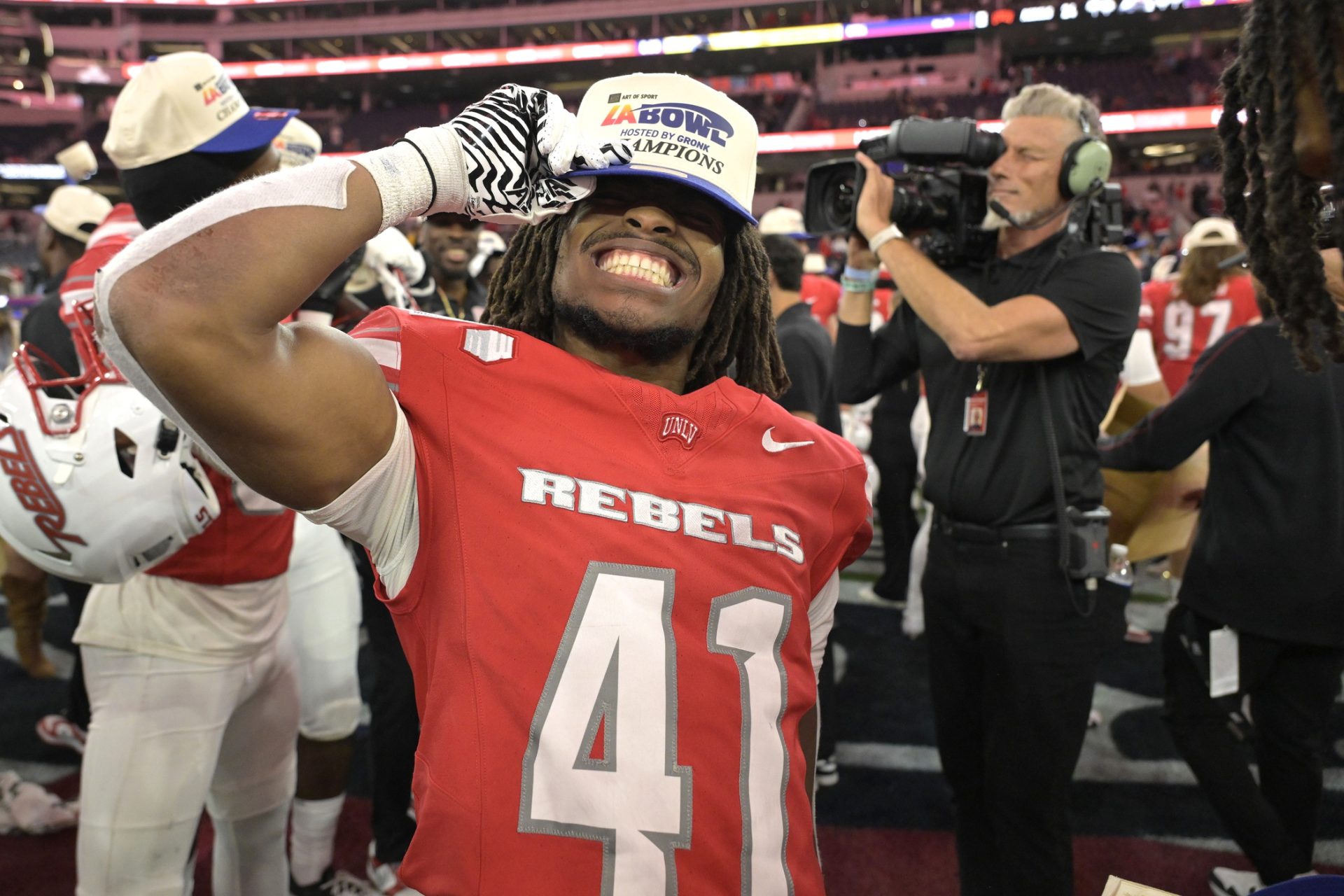
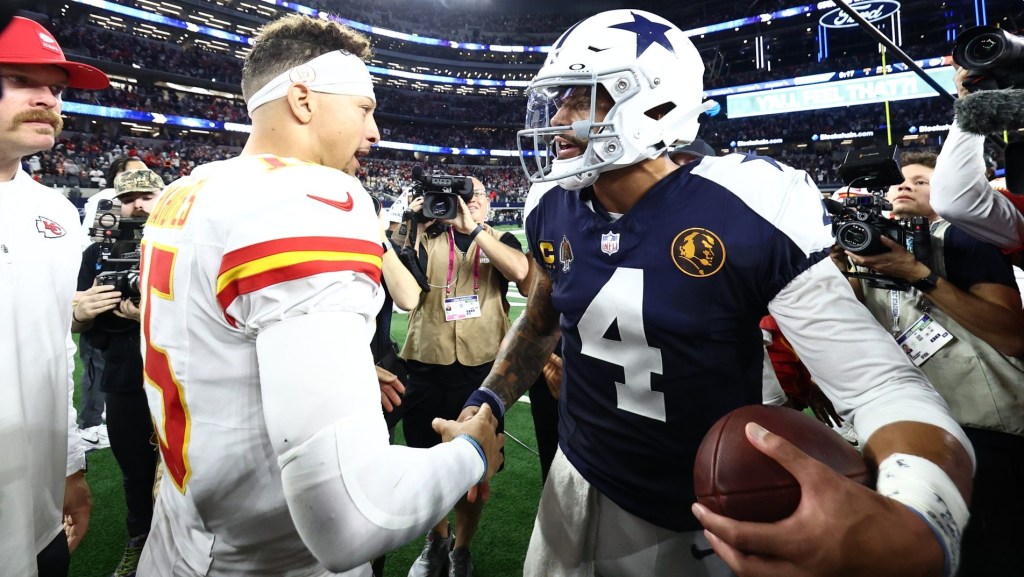

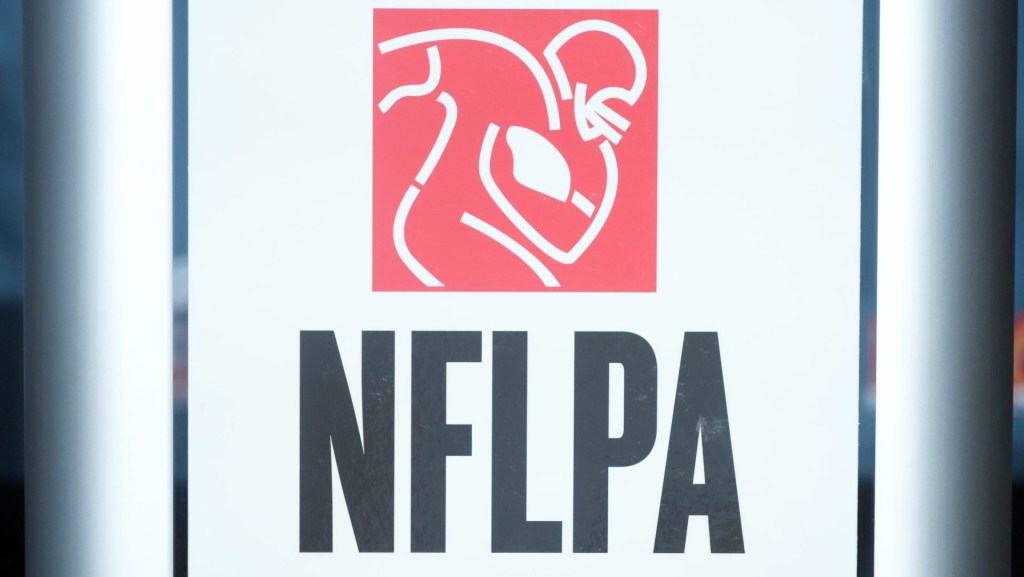

![[Subscription Customers Only] Jun 15, 2025; Seattle, Washington, USA; Botafogo owner John Textor inside the stadium before the match during a group stage match of the 2025 FIFA Club World Cup at Lumen Field.](https://frontofficesports.com/wp-content/uploads/2026/02/USATSI_26465842_168416386_lowres-scaled.jpg?quality=100&w=1024)
![[Subscription Customers Only] Jul 13, 2025; East Rutherford, New Jersey, USA; Chelsea FC midfielder Cole Palmer (10) celebrates winning the final of the 2025 FIFA Club World Cup at MetLife Stadium](https://frontofficesports.com/wp-content/uploads/2026/02/USATSI_26636703-scaled-e1770932227605.jpg?quality=100&w=1024)


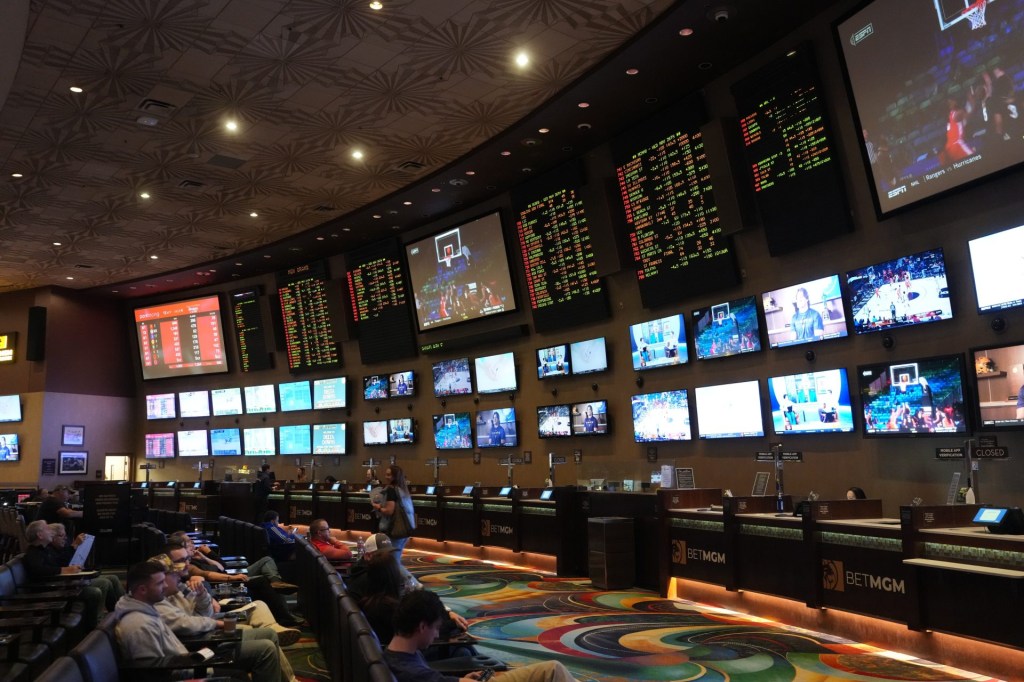

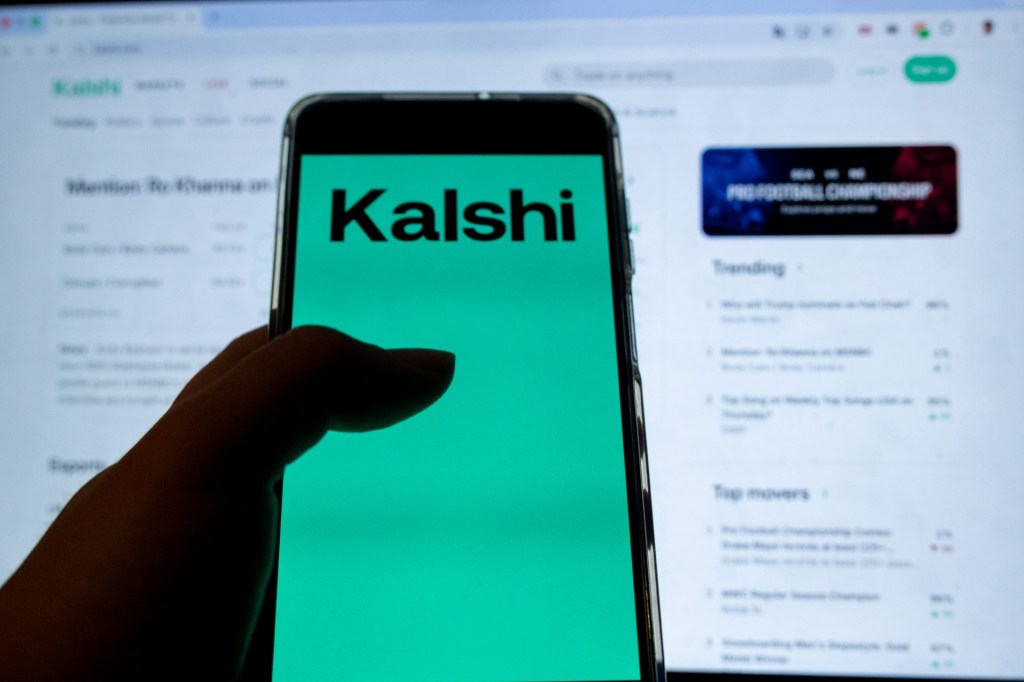

![ESPN Bet broadcasts inside the PGA Tour Studios building in Ponte Vedra Beach, Florida, on March 14, 2025. [Clayton Freeman/Florida Times-Union]](https://frontofficesports.com/wp-content/uploads/2026/02/USATSI_25668497_168416386_lowres-1-scaled.jpg?quality=100&w=1024)
